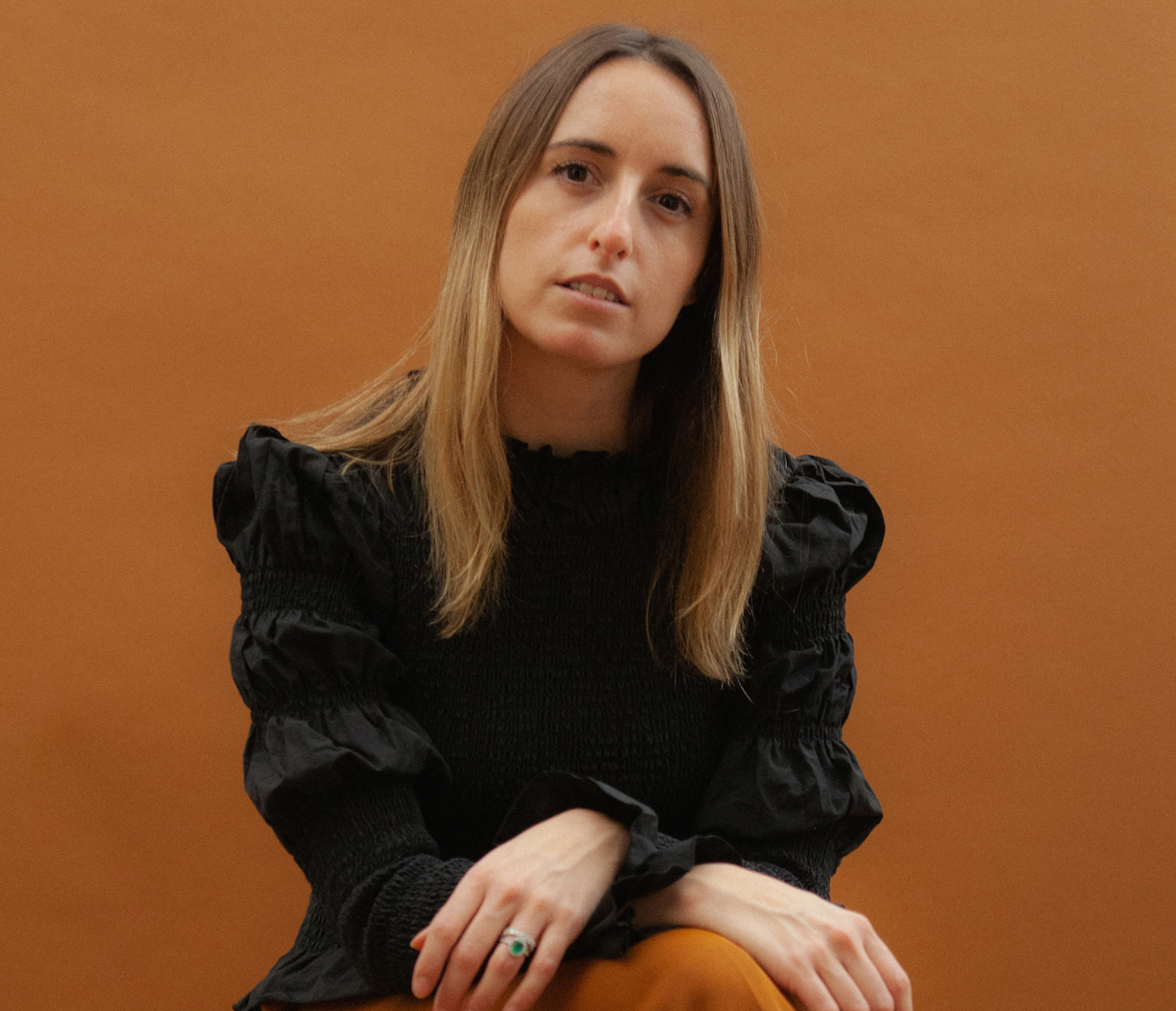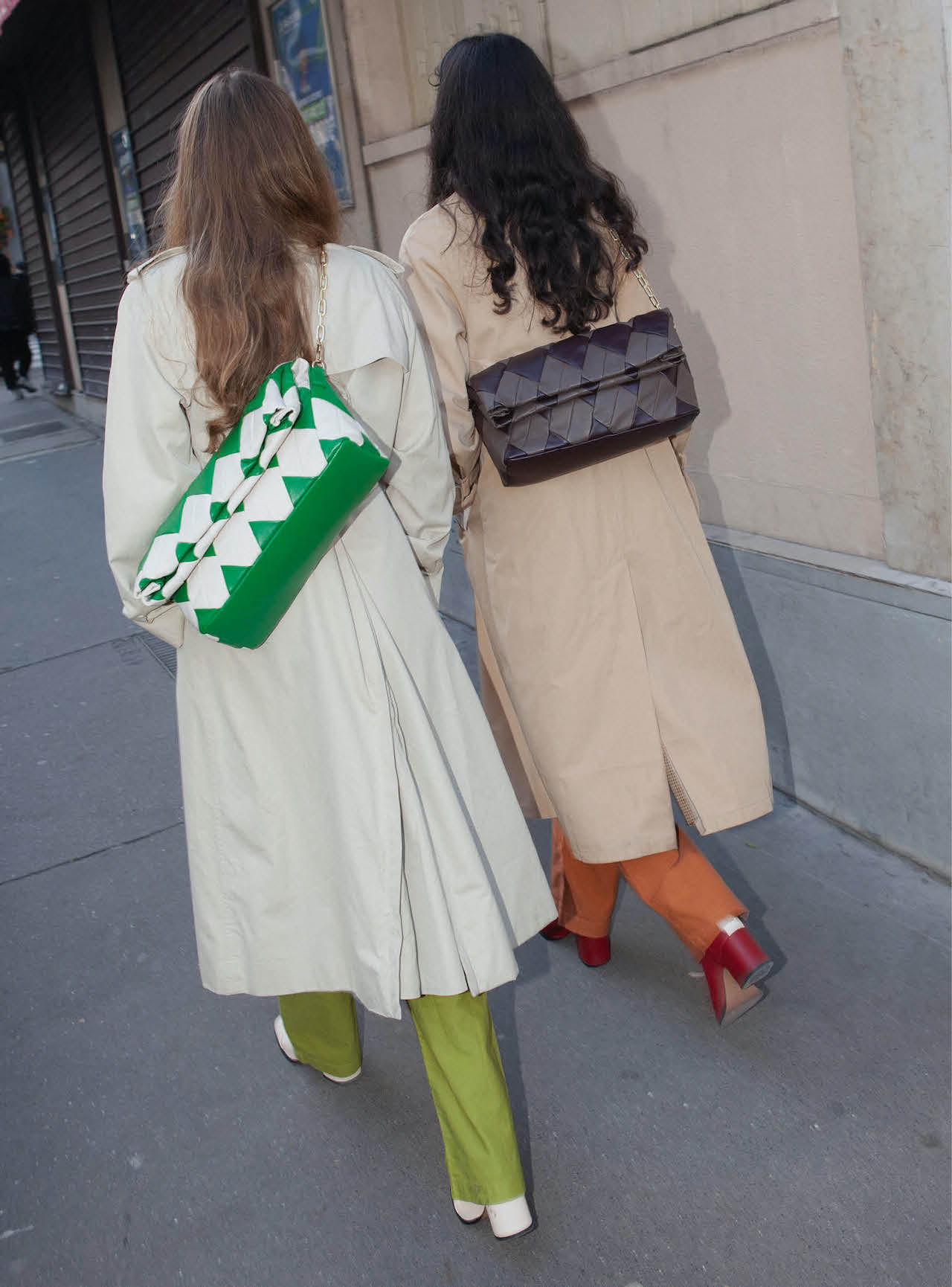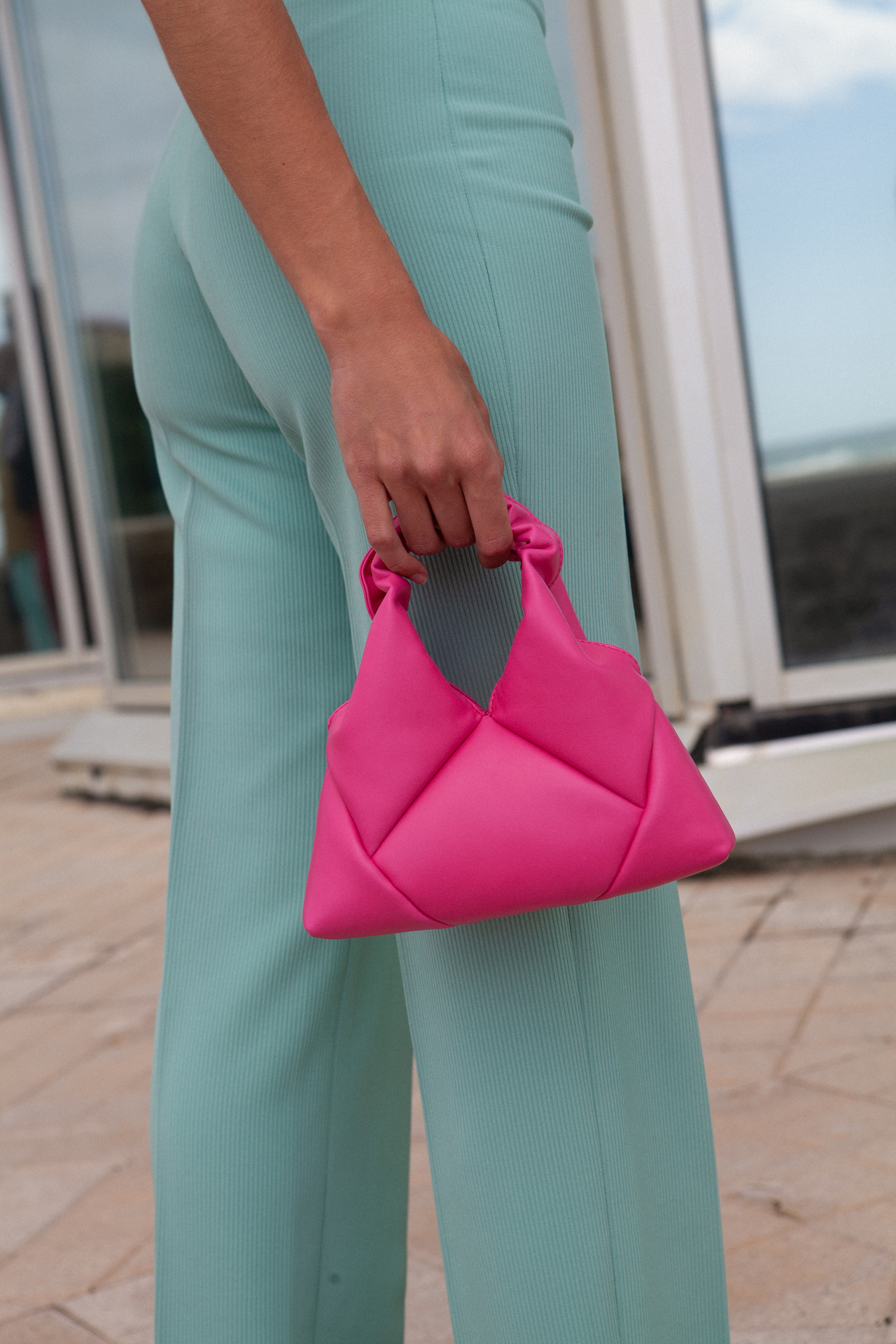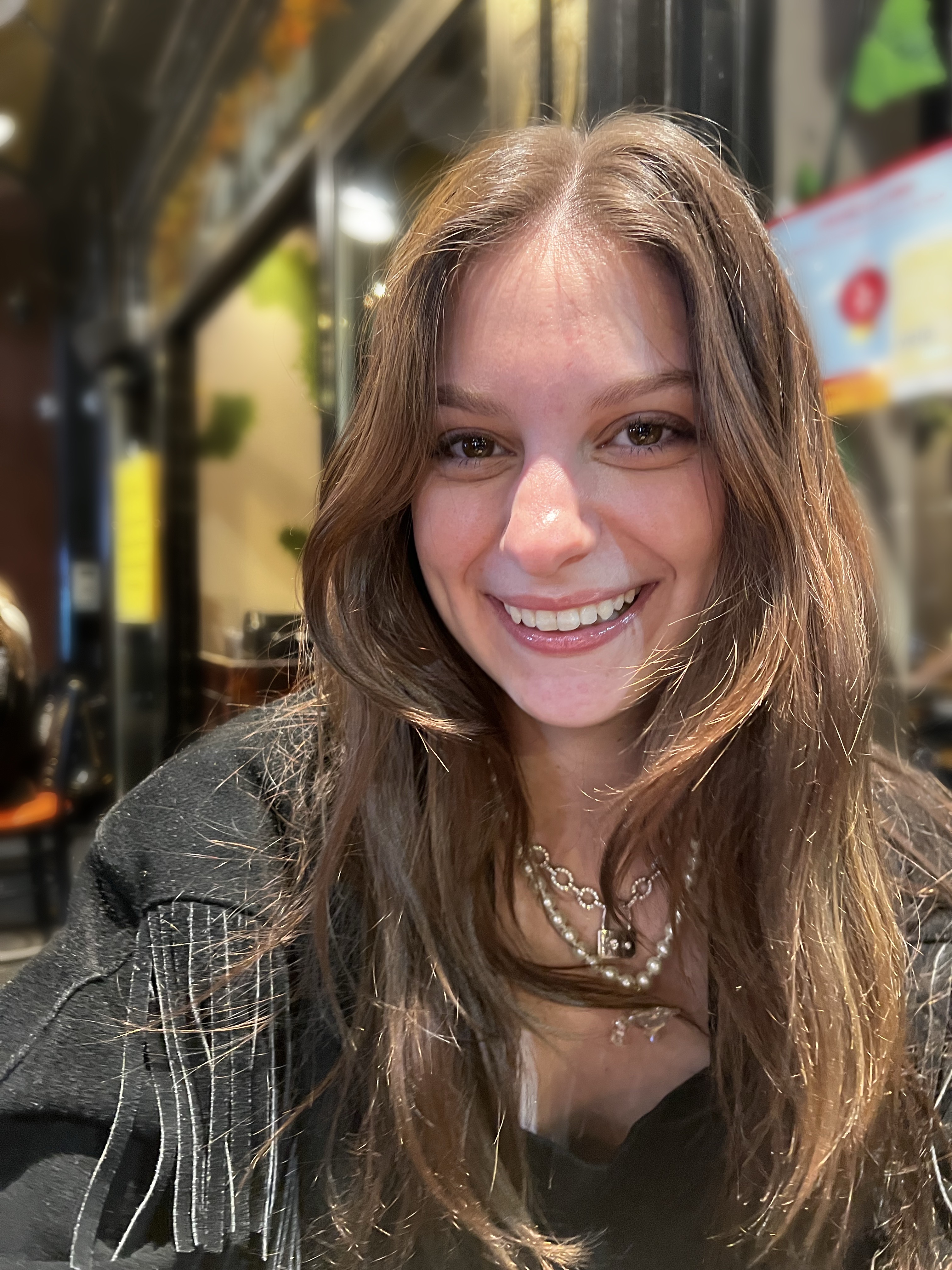

Designer Bea Recoder established her place in the world of luxury accessories early on, working for Balenciaga, Paco Rabanne, and Chloé, to name a few. But when lockdowns hit in 2020, she really got to thinking how luxury accessories were being made, the waste that is left behind, and what she could do to fix it.
“I always wanted to launch my own brand, but I wasn’t sure what I wanted to do or when, but when I was at home in the lockdown, I was like, ‘This is now or never,'” Recoder tells GRAZIA USA. That’s when she started her namesake accessories brand, Reco.
“I just knew that I wanted to make something sustainable, but I didn’t know exactly what,” the Paris-based, Spanish designer says. “There is no real need for new bags, but after visiting tanneries and ateliers, as well as the factories in Italy, South of Spain, and Portugal, I realized how much leather was stocked. I was sure that whenever I wanted to do a project, I wanted it to start from that.”
Recoder was inspired and began to purchase deadstock leather from factories and tanneries, which included material left over from client orders, items that had small defects, and leather that just didn’t sell at the end of the season. She used them to create unique, patchwork handbags.

“I do some searching before each season and the factories and tanneries send me color swatches with the quantities they have per color,” Recoder says. “Sometimes it’s 5 meters or 15 meters. With that, I start building the collection.”
Reco bags are known for its diamond-like patterns, where Recoder mixes and matches leathers and colors to get the perfect “pillow-like” bag. “It’s really difficult because it’s like a puzzle,” she says.

The designer says the patchwork is inspired by a “mix of architecture and vintage” and the rhombus-like shapes are a juxtaposition to the softness of the leather.
Through her tenure working as an accessories designer, Recoder is very familiar with greenwashing, which is when a brand markets sustainability when it’s not truly sustainable. “There is a lot of greenwashing out there and a lot of new materials; pineapple leather, or organic, vegan [leathers], but the lining is still made with polyester and chemicals,” she explains.

“I’m very transparent,” she says about the creation of Reco bags. “We cannot continue doing things the way we were.”
She acknowledges that nowadays, people are willing to buy products that have a story behind them or are exclusive and limited-edition. “Limited-edition avoids overproduction. All of Reco bags are made with deadstock, and there are only 20 to 30 pieces for each product.”
Plus, she notes, leather is a great material that will “last forever” to pass down to the next generation.

Piti Tarta, $665, Studio Reco. SHOP NOW
Mini Didi Menta, $531, Studio Reco. SHOP NOW
What’s next for Recoder? All of the scraps from handbags already produced were put into the making of the new collection. “I am keeping all my scraps. We are starting to work on small leather goods, jewelry, etc. so we utilize all the materials,” she shares. In fact, two new styles launched this week on studioreco.com (and you can shop them, above!).
“We’re all in this together to make a better planet,” she concludes.














